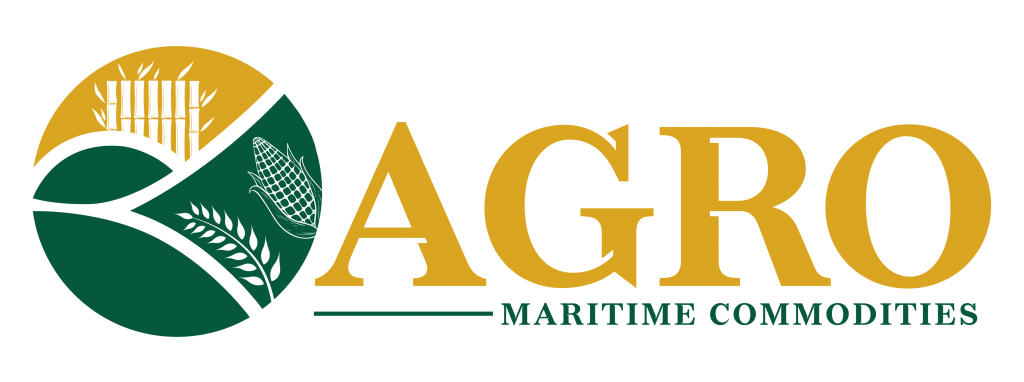Introduction
In the thrilling world of commodity trading, risk is as omnipresent as the potential for profit. It is an intricate dance of numbers, trends, and predictions. Risk management is a critical skill set for successful commodity trading, whether you’re dealing with soybeans or silver, wheat or wool. This blog delves into Agro Maritime Commodities’ strategies to manage these risks, ensuring every move is calculated, every decision is informed, and every trade is a step towards success.
The Role of an Agricultural Commodity Broker in Risk Management
Think of an agricultural commodity broker as your trusted guide in the unpredictable terrain of commodity trading. These skilled professionals possess a wealth of experience and a deep market understanding, and they are instrumental in mitigating trading risks and advising on when to buy, sell, and wait.
At Agro Maritime Commodities, our brokers serve as the critical bridge between buyers and sellers. They employ their in-depth knowledge of market trends and economic indicators to provide advice that mitigates risk and maximizes potential gains.
Understanding Risks in Agro Commodity Trading
Like all trading sectors, agro-commodity trading has its share of risks. These include market risk, where prices fluctuate based on supply and demand; operational risk, from potential disruptions in trading operations; and credit risk, which arises when a counterparty fails to meet contractual obligations.
Take, for instance, a hypothetical scenario where a drought affects corn crops, reducing global supply and pushing prices upwards. Traders holding corn contracts stand to gain, while those on the buying end face increased costs—a classic case of market risk.
Key Strategies for Managing Risk in Commodity Trading
Managing risk in commodity trading is a multifaceted approach. Some strategies include diversification, where risk is spread across various commodities; hedging, using futures contracts to secure a certain price; and carefully analyzing market trends.
Agro Maritime Commodities integrates these strategies into its risk management framework. For instance, we diversify our portfolio across various agricultural commodities. We use hedging mechanisms to lock in prices and protect against unfavorable market movements. Our analysts constantly monitor the market, offering insights that help navigate risks.
The Role of Supplier Auditing in Risk Management
Supplier auditing is a critical tool in managing risks in commodity trading. It involves assessing a supplier’s processes and systems to ensure compliance with regulations and contract terms. These audits can reveal potential risks, like supply chain disruptions or quality control issues, which can be addressed proactively.
At Agro Maritime Commodities, supplier auditing is crucial to our risk management strategy. For example, when sourcing wheat from a supplier, we conduct a thorough audit, assessing everything from the farming practices to the storage conditions. This diligent approach helps us ensure that the quality of the wheat is up to our standards and that the supply chain is robust and reliable.
What is One Drawback of Conducting Supplier Audits?
Despite its benefits, supplier auditing does have potential drawbacks. One of the most significant is the cost of conducting these audits—both in terms of money and time. These audits can be resource-intensive, requiring skilled personnel and often involving travel and other related expenses.
At Agro Maritime Commodities, we acknowledge this drawback but view it as an investment. Yes, audits require resources, but the cost of not conducting them—potential supply chain disruptions, compromised product quality, and damaged client relationships—can be far higher. To mitigate the cost factor, we strive for efficient auditing processes, leveraging technology where possible and prioritizing audits based on a supplier’s potential risk.
Integrating Risk Management and Supplier Auditing in Agro Commodity Trading
Effective risk management in agro-commodity trading goes beyond recognizing potential market fluctuations—it includes assessing all points of potential risk along the supply chain. This is where risk management strategies and supplier auditing intersect.
For example, Agro Maritime Commodities was sourcing corn from a new supplier. Before finalizing the deal, our team conducted a thorough supplier audit while analyzing the potential market risks related to corn prices. This combined approach allowed us to make an informed decision, effectively managing both supply-chain and market risks.
Conclusion
In the ever-fluctuating world of agro-commodity trading, risk management is not just advisable—it’s essential. From the strategic role of agricultural commodity brokers to the critical process of supplier auditing, managing risk is multifaceted.
Agro Maritime Commodities remains committed to robust risk management strategies, ensuring we navigate the unpredictable seas of commodity trading with skill, knowledge, and foresight. After all, the better we manage risk, the better we can serve our clients and contribute to the global commodities market.


